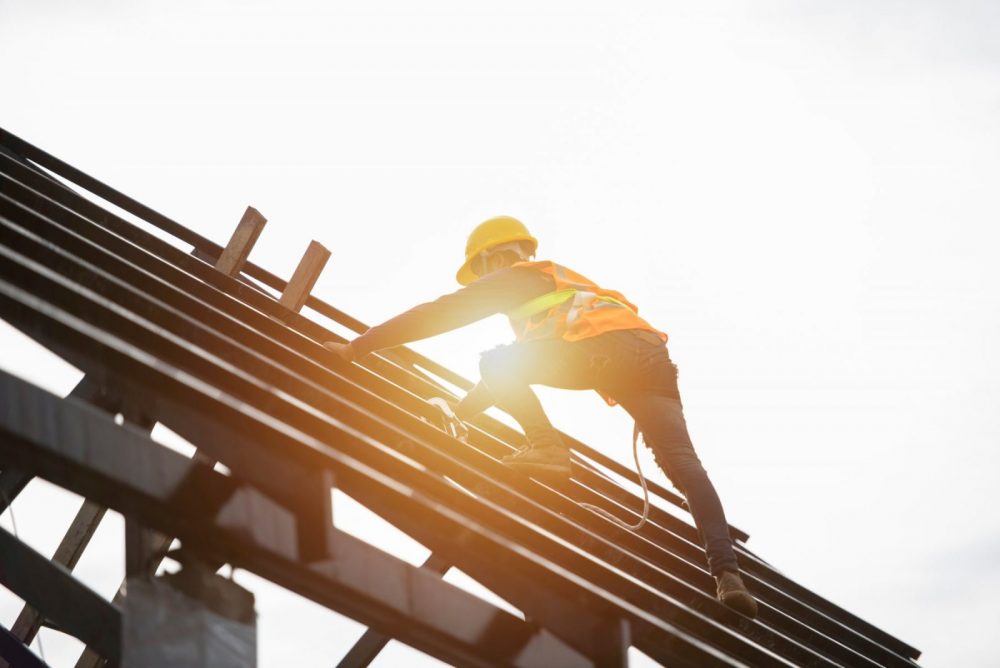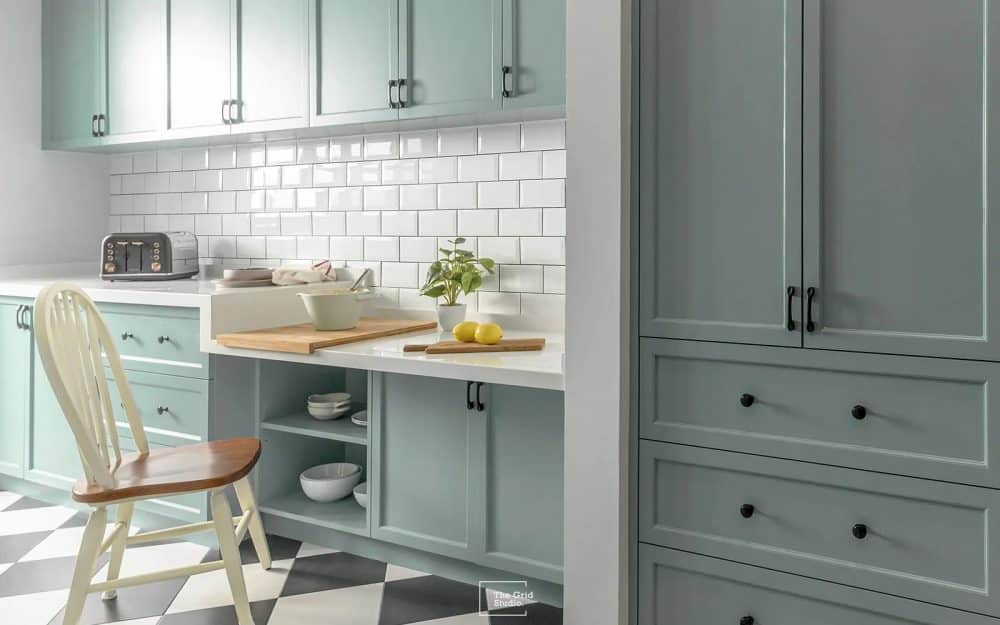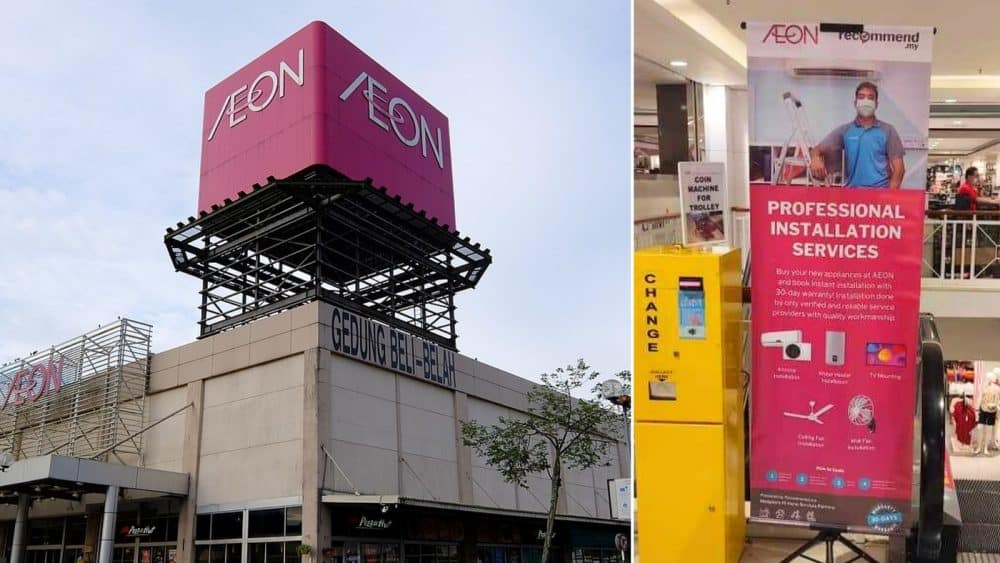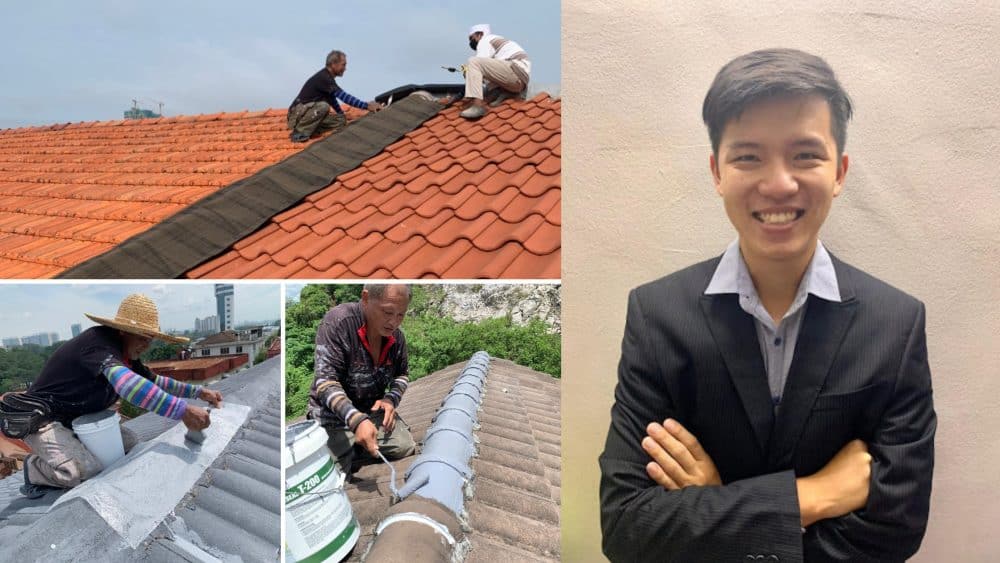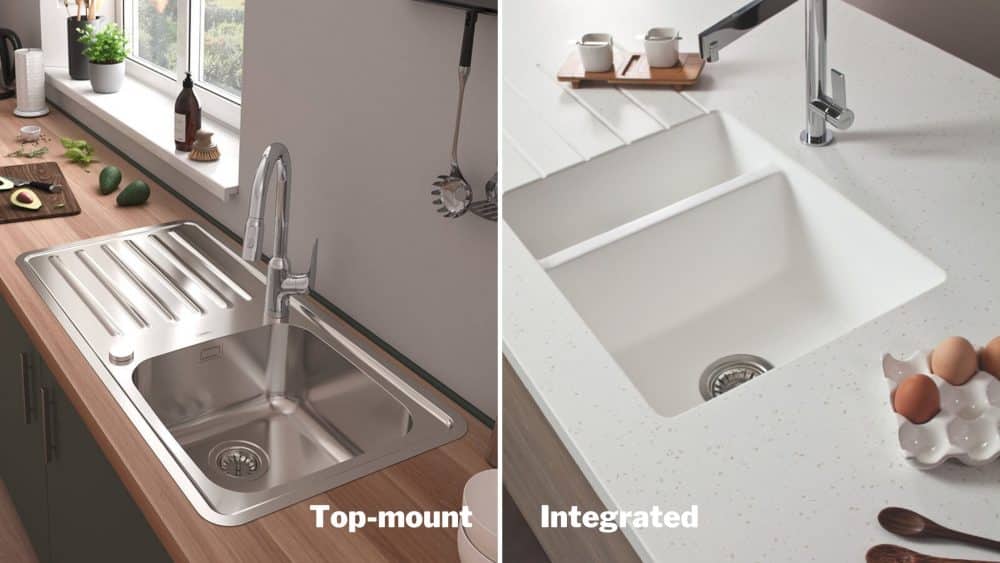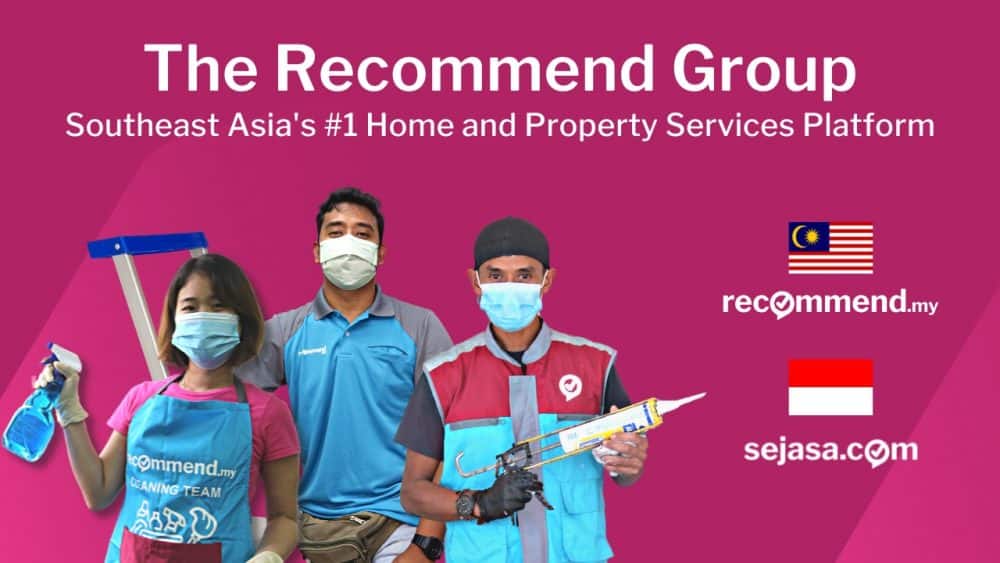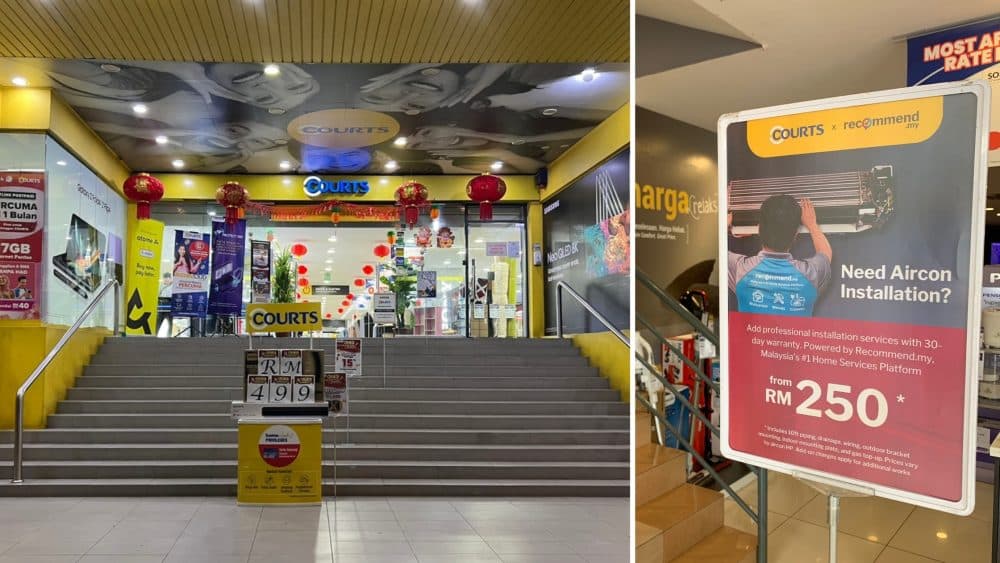Since the Conditional Movement Control Order began on May 4, Malaysians were finally able to enjoy some freedom (to a certain extent and under strict SOPs) of going outside, visiting stores, and dining-in at restaurants.
Some businesses were also allowed to resume operations, under the condition of abiding by regulations set by the Health Ministry.
While most sectors were buzzing with excitement to open their doors once again, many service-based industries, particularly home maintenance and home improvement were unclear as to what extent their services are allowed.
Can they continue taking jobs with approval letters? Do they need to register with the Ministry of Trade and Industry (MITI)? Will they get stopped by police roadblocks?
Here are some frequently asked questions to give you a clearer understanding of what service-based industries are allowed to operate and what is required.
Yes, all home maintenance and home improvement can resume at full capacity whether your business was operating during the MCO or reopening now. However, if your business is related to event management or causes a crowd gathering, it is prohibited from operating.
Your business must fully comply with the Ministry of Health’s standard operating procedure (SOP). Failure to adhere will result in your operation permission being revoked and faced with legal action.
For the construction sector, companies need to submit a declaration of their company’s details to MITI and formally pledge to comply with the Construction SOP provided by the CIDB to resume working. If your business has already applied for MITI approval during MCO (whether the applications are in process, rejected, or being appealed), the declaration is not required.
No, they are NOT required to take any COVID-19 testing.
But, if your local workers want to get checked for COVID-19 anyway, testing is provided for free for employees with SOCSO registration.
Yes, it is mandatory for all registered foreign workers to take COVID-19 testing. The test must be taken through the Prihatin Screening Programme by SOCSO, in line with the SOP provided for the construction sector.
For foreign workers contributing to SOCSO, they are allowed to undergo free COVID-19 tests under the Prihatin Screening Programme.
No. COVID-19 free testing is provided for SOCSO registered employees only.
The employer must bear the cost for the COVID-19 testing. However, if the test is positive, and your foreign worker is infected, then treatment and quarantine centre costs for confirmed cases will be taken up by the government.
No, it is no longer required during the CMCO.
During CMCO, there are no longer any roadblocks except for certain red zones areas and interstate highway tolls. Home services are allowed to operate and therefore, there is no risk of getting stopped by police.
Although the government and strata management sector FAQs stated that home maintenance services are allowed to operate, condominiums and residential managements can turn down any outsiders from entering their premises to protect its residents.
In order for service providers to be permitted into the premise, the management must give permission to residents for repair works to proceed.
If your workers are going to visit a customer’s homes, be sure to ask them to get permission from their management for you to enter. Provide personal details (e.g IC number, vehicle license plate number) so that security guards can identify you as service providers.


